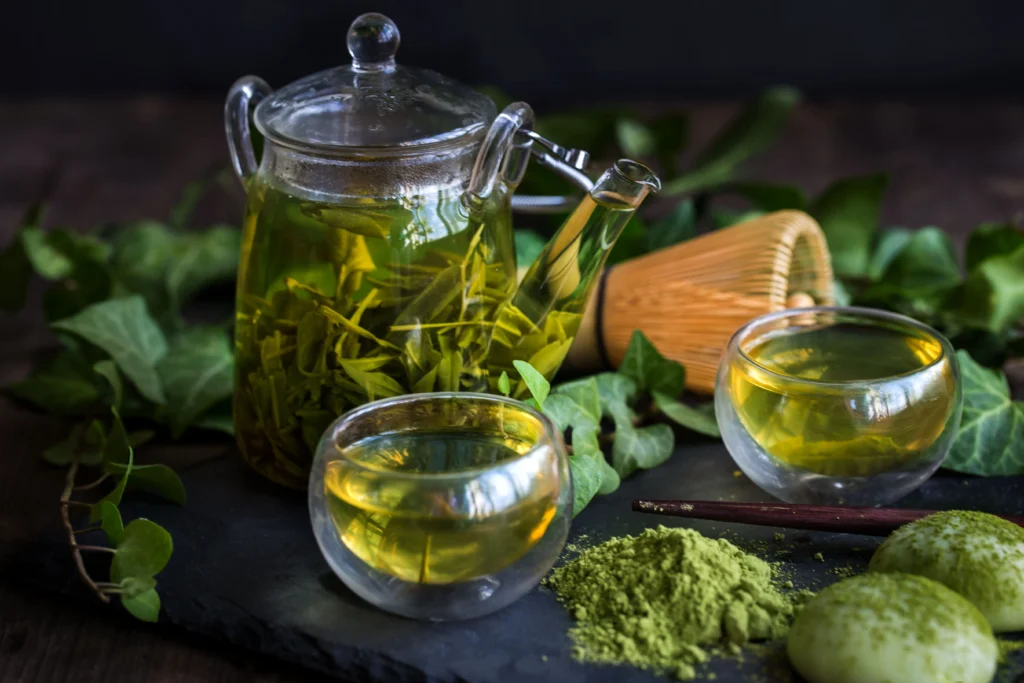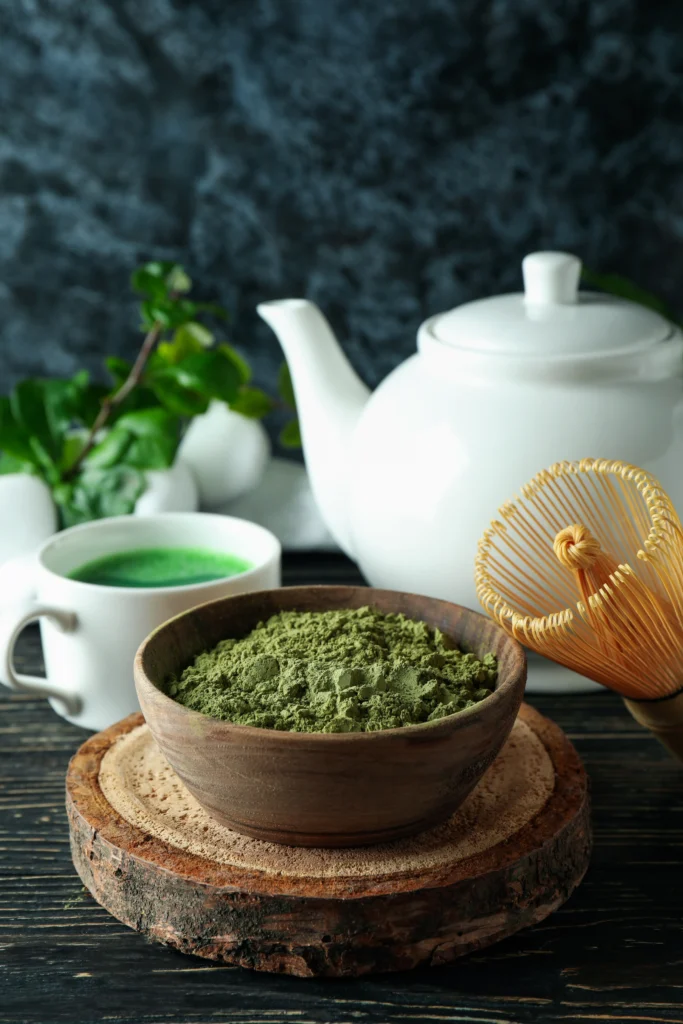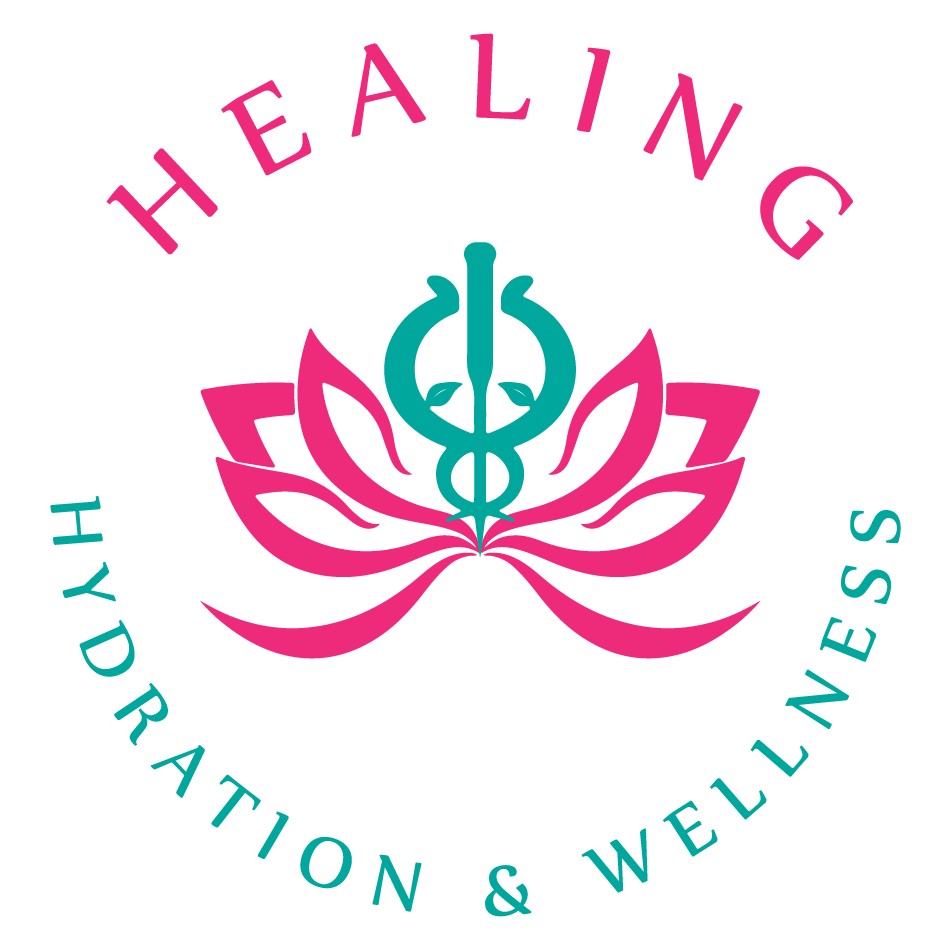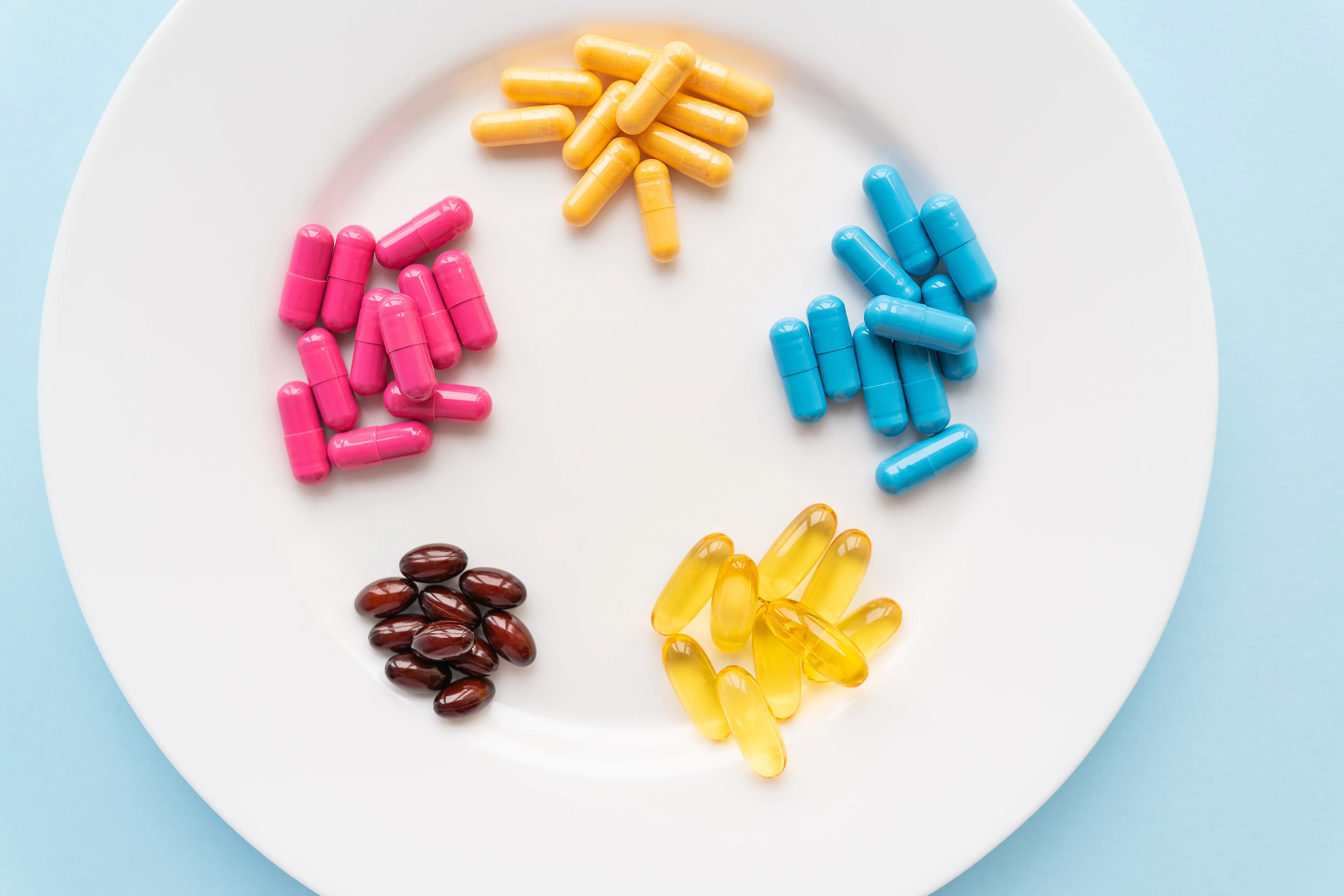Green tea has been consumed for centuries not just for its soothing taste, but also for its numerous health-promoting properties. Often celebrated in wellness circles and traditional medicine alike, green tea is rich in bioactive compounds that may positively impact various aspects of human health. But is green tea good for you? This article explores the evidence-backed benefits of it and how it fits into a balanced lifestyle.

Nutritional Profile of This Drink
Green tea is derived from the leaves of the Camellia sinensis plant. Unlike black or oolong tea, it undergoes minimal oxidation during processing, which helps preserve its potent antioxidant profile. The primary compounds responsible for its health benefits include catechins, particularly epigallocatechin gallate (EGCG), L-theanine, and a moderate amount of caffeine.
Catechins are a type of flavonoid with strong antioxidant properties that help neutralize free radicals, reduce inflammation, and protect cells from damage. L-theanine, a unique amino acid found almost exclusively in tea plants, promotes relaxation and improves mental focus. The synergy of these components contributes to green tea’s reputation as a healthful beverage.
How It Links to Heart Health
Numerous studies have linked consumption with improved heart health. Regular drinkers often experience reduced levels of LDL cholesterol and triglycerides, along with improved artery function. These effects can lower the risk of developing cardiovascular diseases such as heart attack and stroke.
A meta-analysis published in the American Journal of Clinical Nutrition found that green tea significantly reduces total and LDL cholesterol. Additionally, some research indicates that green tea drinkers have a reduced risk of high blood pressure, a major contributor to heart disease.

Weight Management and Metabolism
Green tea is frequently marketed as a weight loss aid, and while it’s not a miracle cure, it can modestly boost metabolic rate and fat burning. This effect is largely attributed to EGCG and its interaction with caffeine. These compounds increase energy expenditure and enhance fat oxidation, especially during exercise.
A study in the Journal of Nutrition showed that green tea extract increased fat burning during moderate exercise by 17%. While the effects are modest on their own, green tea can support a healthy weight management plan when combined with proper nutrition and physical activity.

Mental Clarity and Cognitive Function
Thanks to its unique combination of caffeine and L-theanine, green tea offers a subtle yet effective boost in mental clarity without the jittery effects commonly associated with coffee. L-theanine increases the activity of GABA, a neurotransmitter that has calming effects, while also improving attention and reaction time.
Research suggests that long-term green tea consumption may support brain health as we age. Some observational studies have linked it to a reduced risk of cognitive decline and neurodegenerative diseases like Alzheimer’s and Parkinson’s.

Green Tea and Disease Prevention
Green tea’s antioxidant and anti-inflammatory properties make it a promising tool in the prevention of various chronic conditions. Some research points to a reduced risk of certain cancers, such as breast, prostate, and colorectal cancers, in habitualdrinkers. However, more studies are needed to confirm these effects in humans.
Additionally, it has been shown to improve insulin sensitivity and reduce blood sugar levels, which can be beneficial for individuals with or at risk for type 2 diabetes.
For more ways to support your body’s natural health, visit Healing Hydration & Wellness.
Is It Good for Everyone?
While green tea is generally safe for most people, it does contain caffeine and may not be suitable for individuals who are highly sensitive to stimulants. Drinking large quantities on an empty stomach can cause stomach discomfort in some cases, and high doses of extract have been linked to liver issues in rare cases.
Moderation is key. For most individuals, drinking 2 to 3 cups of it per day is considered safe and beneficial. Decaffeinated versions are also available for those looking to limit caffeine intake while still enjoying green tea’s health benefits.

Conclusion
So, is green tea good for you? The answer is a resounding yes for most people. With its wealth of antioxidants, heart and brain benefits, and its role in supporting metabolism and general wellness, green tea is a smart addition to a healthy lifestyle. As always, balance and moderation are essential.
For customized wellness strategies and hydration support, Healing Hydration & Wellness is here to help you achieve your health goals.


